Intro
Find fast relief with expectorant cough medicine, easing congestion and soothing sore throats with effective mucolytic agents and cough suppressants.
Coughing is a natural reflex that helps to clear the airways of irritants, such as mucus, dust, and other foreign particles. However, when a cough persists, it can be uncomfortable and disrupt daily life. Expectorant cough medicines are designed to provide relief by thinning and loosening mucus, making it easier to cough up. This type of medication is often used to treat coughs associated with colds, flu, and other respiratory infections. In this article, we will delve into the world of expectorant cough medicines, exploring their benefits, working mechanisms, and key information related to their use.
The importance of effective cough management cannot be overstated. A persistent cough can lead to sleep deprivation, fatigue, and decreased productivity. Furthermore, if left untreated, a cough can worsen over time, potentially leading to more severe respiratory problems. Expectorant cough medicines offer a reliable solution for individuals seeking to manage their cough symptoms and alleviate discomfort. By understanding how these medications work and their benefits, individuals can make informed decisions about their treatment options.
Coughs can be broadly classified into two categories: dry and productive. A dry cough is characterized by its lack of mucus production, often resulting from irritation or inflammation of the throat. On the other hand, a productive cough produces mucus, which can be clear, yellow, or green in color. Expectorant cough medicines are specifically designed to target productive coughs, helping to loosen and clear mucus from the airways. This can lead to significant relief, reducing the frequency and severity of coughing episodes.
How Expectorant Cough Medicines Work
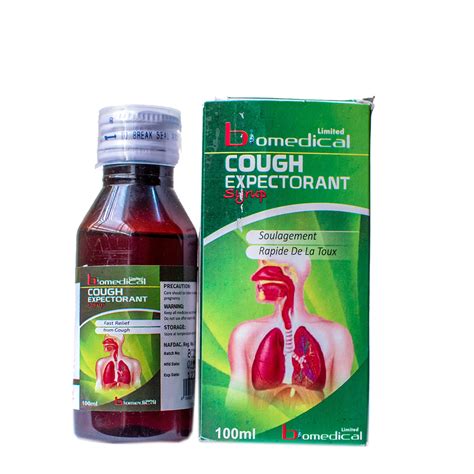
Benefits of Expectorant Cough Medicines
The benefits of expectorant cough medicines are numerous. These medications can provide quick relief from cough symptoms, reducing the frequency and severity of coughing episodes. By loosening and clearing mucus, expectorant cough medicines can help to alleviate congestion, making it easier to breathe. Additionally, these medications can help to reduce the risk of complications associated with persistent coughing, such as bronchitis and pneumonia.Types of Expectorant Cough Medicines
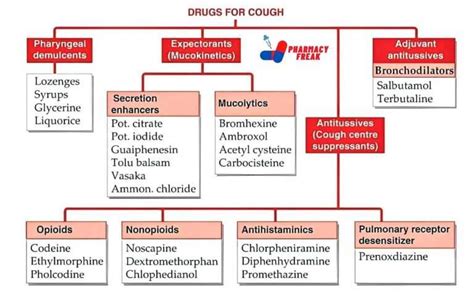
Steps to Use Expectorant Cough Medicines Effectively
To use expectorant cough medicines effectively, it is essential to follow the recommended dosage instructions and take the medication as directed. Here are some steps to follow: * Always read and follow the label instructions * Take the medication with a full glass of water * Avoid taking the medication with other cough suppressants * Do not exceed the recommended dosage * Monitor your symptoms and adjust your treatment plan as neededPrecautions and Side Effects
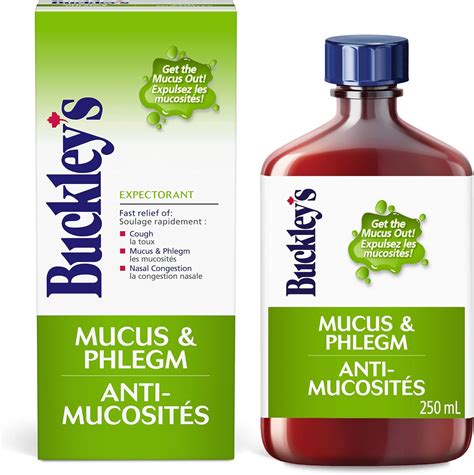
Expectorant Cough Medicines and Pregnancy
Expectorant cough medicines can be used during pregnancy, but it is essential to consult with a healthcare professional before taking any medication. Some expectorant cough medicines, such as those containing guaifenesin, are considered safe for use during pregnancy, while others may pose a risk to the fetus. Always follow the recommended dosage instructions and monitor your symptoms closely to ensure the best possible outcome.Expectorant Cough Medicines for Children
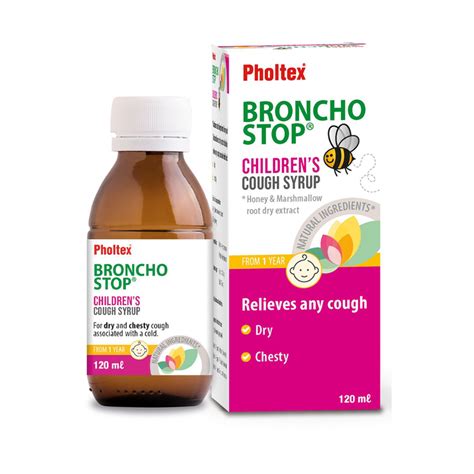
Expectorant Cough Medicines and Interactions
Expectorant cough medicines can interact with other medications, including prescription and over-the-counter medications. Common interactions include: * Antihistamines * Decongestants * Pain relievers * Antibiotics To minimize the risk of interactions, it is essential to consult with a healthcare professional before taking any medication. Always read and follow the label instructions carefully, and monitor your symptoms closely to ensure the best possible outcome.Expectorant Cough Medicines and Allergies

Expectorant Cough Medicines and Overdose
Expectorant cough medicines can cause overdose if taken in excess. Common symptoms of overdose include: * Dizziness * Headache * Stomach upset * Confusion If you suspect an overdose, seek medical attention immediately. To minimize the risk of overdose, it is essential to follow the recommended dosage instructions and consult with a healthcare professional if you have any concerns.Conclusion and Final Thoughts
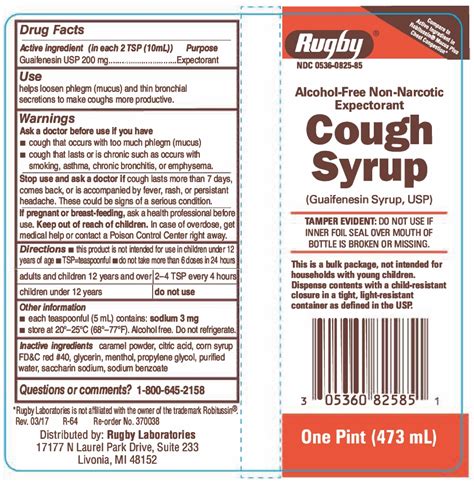
We invite you to share your thoughts and experiences with expectorant cough medicines in the comments section below. Have you used expectorant cough medicines to manage your cough symptoms? What were your results? Do you have any questions or concerns about expectorant cough medicines? Share your story and help others make informed decisions about their treatment options.
What is the most common active ingredient in expectorant cough medicines?
+Guaifenesin is the most common active ingredient in expectorant cough medicines.
Can expectorant cough medicines be used during pregnancy?
+Expectorant cough medicines can be used during pregnancy, but it is essential to consult with a healthcare professional before taking any medication.
What are the common side effects of expectorant cough medicines?
+Common side effects of expectorant cough medicines include dizziness, headache, and stomach upset.
Can expectorant cough medicines interact with other medications?
+Yes, expectorant cough medicines can interact with other medications, including prescription and over-the-counter medications.
What should I do if I experience an allergic reaction to an expectorant cough medicine?
+If you experience an allergic reaction to an expectorant cough medicine, seek medical attention immediately.
